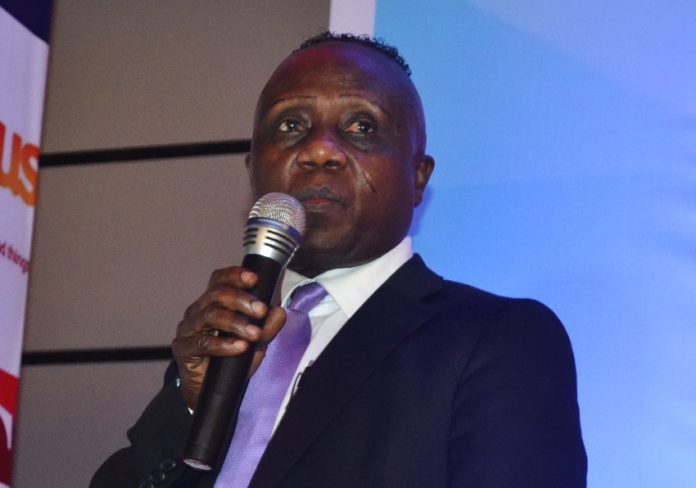The Director of Research at the Institute of Economic Affairs (IEA) Dr John Kwakye has asked the government and the Bank of Ghana to clarify the report of the GHS77 billion owed the central bank that is reported to have been written off.
Dr Kwakye indicated that if debt such magnitude has been written off it will severely impair BoG’s balance sheet and impede its operations.
“Government and BoG must clarify this report. I can not see how a debtor can write off its debt.
“It is the creditor that can. In any case, if the debt of that magnitude has been written off, it will severely impair BoG’s balance sheet and impede its operations,” he tweeted,
Former Finance Minister Mr Seth Terkper also asked Finance Minister Ken Ofori-Atta to provide additional information on in the mid-year budget expected to be delivered Monday July 31.
In a series of tweets, Mr Terkper said “The figure or amount of about Ghc37b-to-Ghc38b [half of BOG Ghc 77b] in the story seems to be a very important one in recent fiscal management between 2022 to date. Coincidence? We look forward to the MYR next week for some clues.
“Next, in the Budget Review Report for 2022, ‘arrears’ declined steeply by about Ghc37b. Note, it was not a payment. The explanation is in the IMF Program report that about US$3.3b [abt Ghc36.9b ($1=11.2] of “arrears” is added to the Domestic Public Debt.
“ESLA was to settle some of these arrears; some suppliers/contractors got govt bonds (in jeopardy). Yet, it seems fair to wait for the MYR for some answers. Then we will discuss our extracts of Tables.”
Ghana’s government has written off half of the 77.6 billion cedis ($7 billion) it owed to the central bank and replaced the remainder with a lower yielding, 15-year bond, three sources with direct knowledge of the transaction told Reuters.
Reuters reported that the latest move is part of the West African nation’s push to restructure its domestic debt – a requirement to qualify for the next tranche of a $3 billion International Monetary Fund (IMF) rescue loan. Ghana now wants to focus on negotiations with external creditors.
The gold, oil and cocoa producer concluded the first phase of domestic debt restructuring in February, when 85% of eligible holders exchanged their local currency bonds for new longer-dated bonds, with lower interest rates. This included the central bank which exchanged 17 billion cedis.
The government is now restructuring 123 billion Ghana cedis of domestic debt – including domestic U.S. dollar bonds, cocoa bills, pension funds as well as debt owed to independent power producers and the central bank.
“The [central bank] had wanted to be excluded and they pushed really hard but there was no agreement,” a senior government official said.
“The IMF also made it clear that we cannot achieve our target on debt restructuring if we do not include the [central bank debt].”


